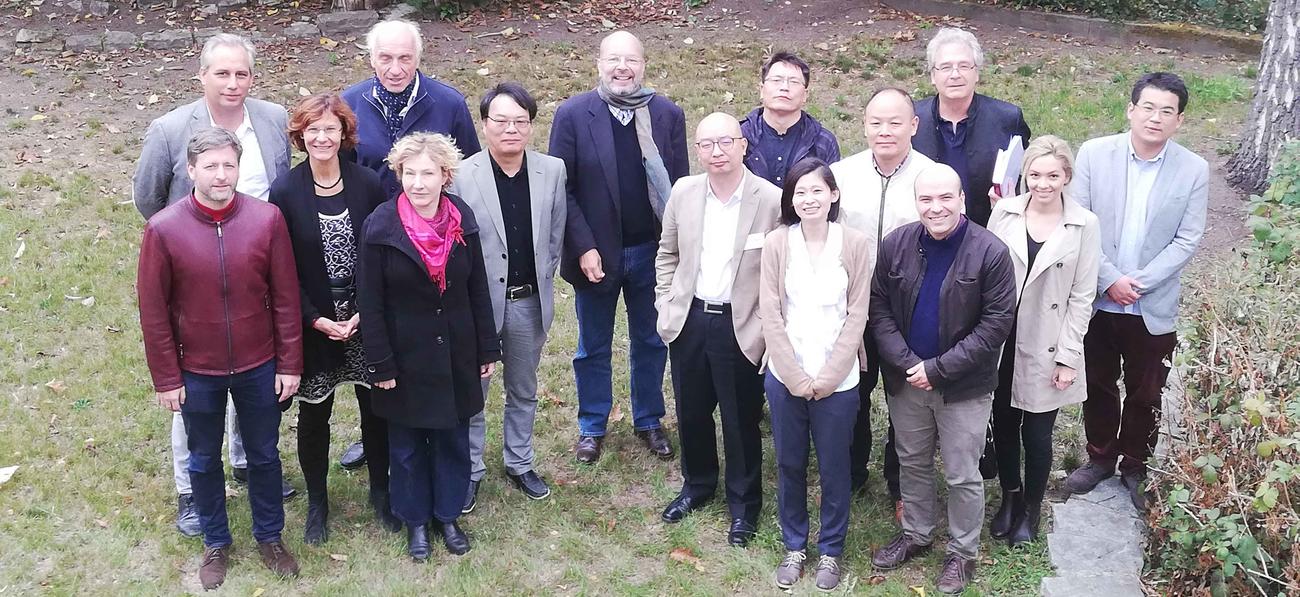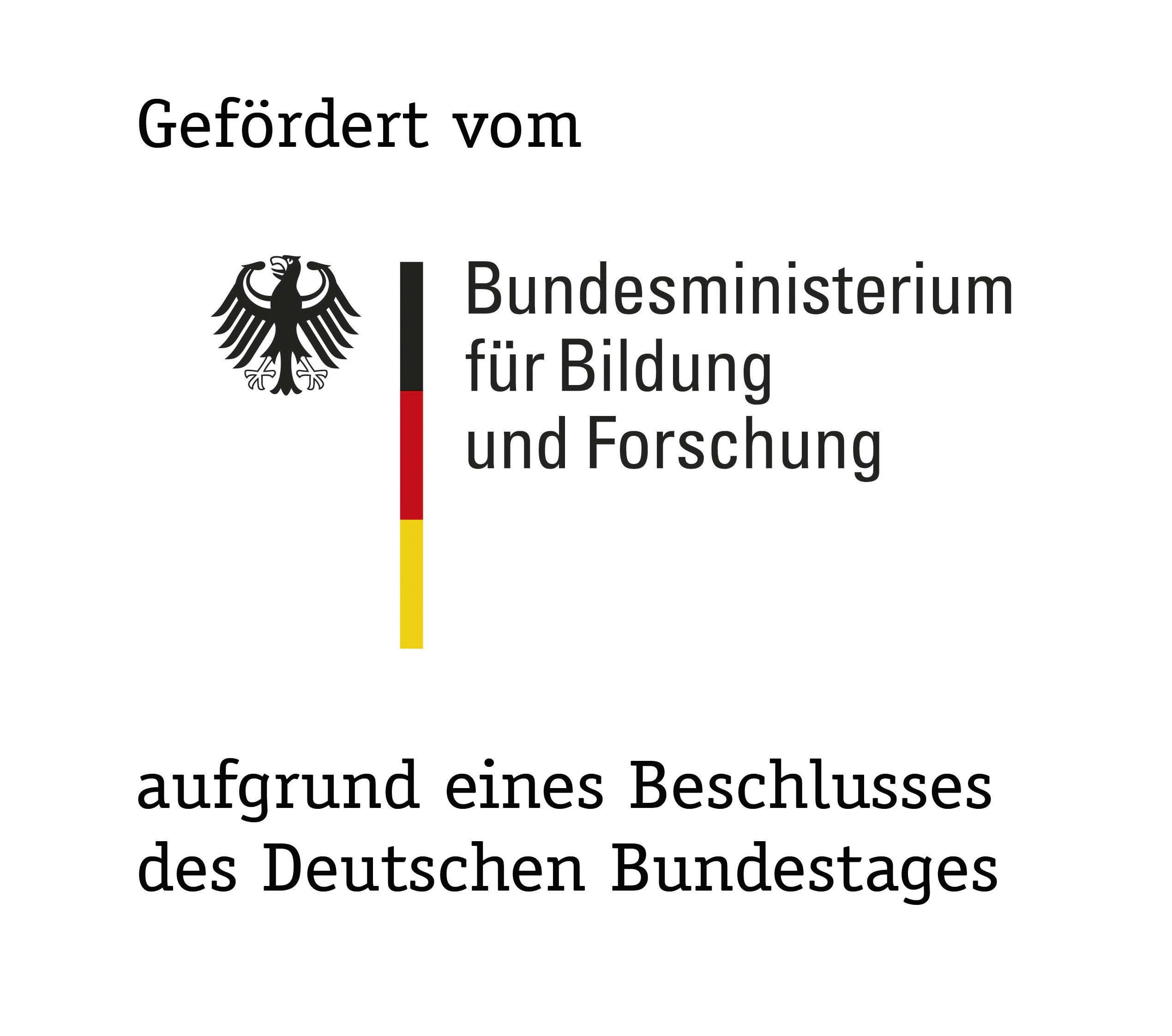Towards Global Political Philosophy
| HOME | PARTICIPANTS | ABSTRACTS | CONTACT |
|
introduction: In their article “If Philosophy Won’t Diversify, Let’s Call It What It Really Is”, published in The Stone column of the NewYork Times blog (May 11, 2016), Jay Garfield and Bryan W. Van Norden vehemently complain that philosophy faces a “serious diversity problem”. Most importantly, the lack of diversity concerns the underrepresentation of philosophical traditions and discourses outside the Anglo-European mainstream. Asian or African philosophy is mostly excluded from the average curriculum of Western philosophy departments and hardly taken seriously by Anglo-European philosophers. This narrowing of the field of philosophy in the Anglo-European discourse does not only fade out the importance other philosophical traditions and discourses have in other parts of the contemporary world. In the end, it also prevents philosophy to become “richer”, “truer” or more effective in solving problems by engaging in new ways of thinking. Reacting to Anglo-European parochialism, the idea of global philosophy claims that philosophy should make use of the numerous philosophical resources that can be found in non-Anglo-European philosophical traditions or discourses – just as these traditions should embrace Western philosophy to enrich their understanding of themselves and the world. In his seminal essay “Philosophy Unbound: The Idea of Global Philosophy”, Thom Brooks introduces this idea as follows: The future of philosophy is moving towards ‘global philosophy’. The idea of global philosophy is the view that different philosophical approaches may engage more substantially with each other to solve philosophical problems. (2013, p. 254) Political philosophy in particular addresses problems of global relevance. According to the basic claim of global philosophy, the major challenges today such as global justice and the legitimacy of global governance, good governance in the age of Big Data, climate change, or the universal validity of human rights (to name just a few) can hence no longer be merely addressed within one cherished conceptual and argumentative framework. But what consequences does the claim of global philosophy entail for the way political philosophy approaches its questions and organizes its field of research? And what concrete ideas can Western and Eastern perspectives offer each other in light of these global political challenges? |
Conference:Towards Global Political Philosophy These issues will be addressed in a conference to be held in Berlin from October 1st - 2nd 2018. It will be jointly organized by the philosophy departments of Beijing University and Free University of Berlin and is conceived as a follow-up meeting of the conference held from April 7th – 8th 2017 in Hangzhou and organized by both institutions with the support of JustitiaAmplificataand the philosophy department of Zhejiang University. As both departments share vital research interests in the field of global political philosophy, it is an obvious step for these major research institutions to continue joining their research capacities. The aim of the second meeting will be twofold: On the one hand, it will provide researchers from both institutions the opportunity to present and discuss their current research from different cultural, methodological and thematic angles. The second aim is to give the Berlin- Beijing research co-operation a more concrete shape. For contemporary political philosophy to address its issues in a truly global way, co-operations with discourse-shaping institutions such as the philosophy department of Beijing University and that of the FU Berlin are indispensible. 01. bis 02. Oktober 2018 FU-Alumni: Deutsch-Chinesische Konferenz zum Thema „Towards Global Political Philosophy“ In den letzten Jahren ist das Diversitätsproblem der westlichen akademischen Philosophien bezüglich der Repräsentation philosophischer Traditionen und Diskurse außerhalb des anglo-europäischen Mainstreams verstärkt thematisiert worden. Insbesondere die chinesischen philosophischen Diskurse sind nach wie vor weitgehend aus den Lehrplänen westlicher philosophischer Institute ausgeschlossen und werden von anglo-europäischen Philosophen kaum wahrgenommen. Im Rahmen des FU-Alumni Projekts „Das Gute Leben“ wurde daher die zweite große Konferenz in diesem Jahr zum Thema „Towards Global Political Philosophy“ an der Freien Universität Berlin, Institut für Philosophie veranstaltet. Eingeladen waren führende Philosophen von der Peking Universität, der Fudan Universität und der Zhejiang Universität, um mit Kollegen aus Deutschland globale Perspektiven der Philosophie zu erörtern, die in der gegenwärtigen Diskussion um eine Internationalisierung der geisteswissenschaftlichen Fächer eine Rolle spielen. Besonders in der Politischen Philosophie sind Fragen nach globaler Gerechtigkeit abhängig von den Möglichkeiten einer hermeneutisch-interkulturell verstehenden Philosophie. So konnte von chinesischer Seite zwar eindrucksvoll deutlich gemacht werden, wie auf dem 24. Weltkongress der Philosophie im Sommer 2018 in Peking eine Form offenen und pluralistischen Philosophierens praktiziert werden konnte – es ist aber auch Skepsis angebracht gewesen, ob diese Philosophien immer den kritischen Standards westlicher Philosophien genügen und überhaupt öffentlich wirksam sind. Die Veranstaltung fand in Zusammenarbeit mit der Kolleg-Forschergruppe Justitia Amplificata statt. |
|
The conference will be conducted within the following framework: (1) The challenges that the basic claim of global philosophy confronts political philosophy with is not to be addressed unrelated to the pressing problems of our time. These problems rather constitute the common denominator on which the different discourses can meet at all in order to engage with each other. The major challenges of 21st century, such as security and stability, international relations and global justice, international market-relations, climate change, new digital technologies, global poverty and human rights, amongst others, will thus constitute the shared ground on which the conference can take off. The participants are thus invited to present their current research on one of these (or related) issues and to expose their basic assumptions and conceptual settings so as to open them for a common discourse. (2) The participants are furthermore invited to take up the basic claim of global philosophy in order to address, from their specific perspective, some of the issues and challenges that come along with the inclusion of other philosophical perspectives. Amongst other, the following issues can be addressed: (i) The concept of global political philosophy: The above-mentioned basic claim of global philosophy provides an alternative to other headings such as “intercultural philosophy”, “transcultural philosophy”, “world philosophy”, or “comparative philosophy”. What does the concept of global philosophy mean in this context and how should we philosophize globally? (ii) Whatever understanding of the project of global political philosophy one favours, its basic claim has far-reaching consequences for the practice and the institutional framework of contemporary philosophy. This makes the question regarding the normative grounds of the call for greater openness to philosophy outside the mainstream Anglo-European discourse all the more pressing. Why then should we take this claim serious? Is the claim to be grounded in a standard internal to political philosophy or philosophy more generally – such as the standard of truth, for example? Or is the call for further inclusion to be given an external justification? Does it ultimately rely on grounds of epistemic justice, for example? (iii) The inclusion of other traditions and discourses into the mainstream Anglo- European discourse is likely to bring into contact different ways to conceptualize specific problems and thus to normatively assess similar circumstances and to propose solutions. What are the challenges global philosophy confronts us with regarding our habits of theorizing and our conceptualizations? (iv) Under what institutional conditions can a transnational discourse become established? Some kind of framework or platform is needed which allows everyone to engage in such a discourse open for different experiences, concerns, and traditions to be voiced. Especially regarding political philosophy some kind of global political culture and global sphere of public reason seem to be necessary for such a discourse. But what are the possibilities and limits of such a global discursive sphere? |
|
| → PROGRAM (PDF) | |








